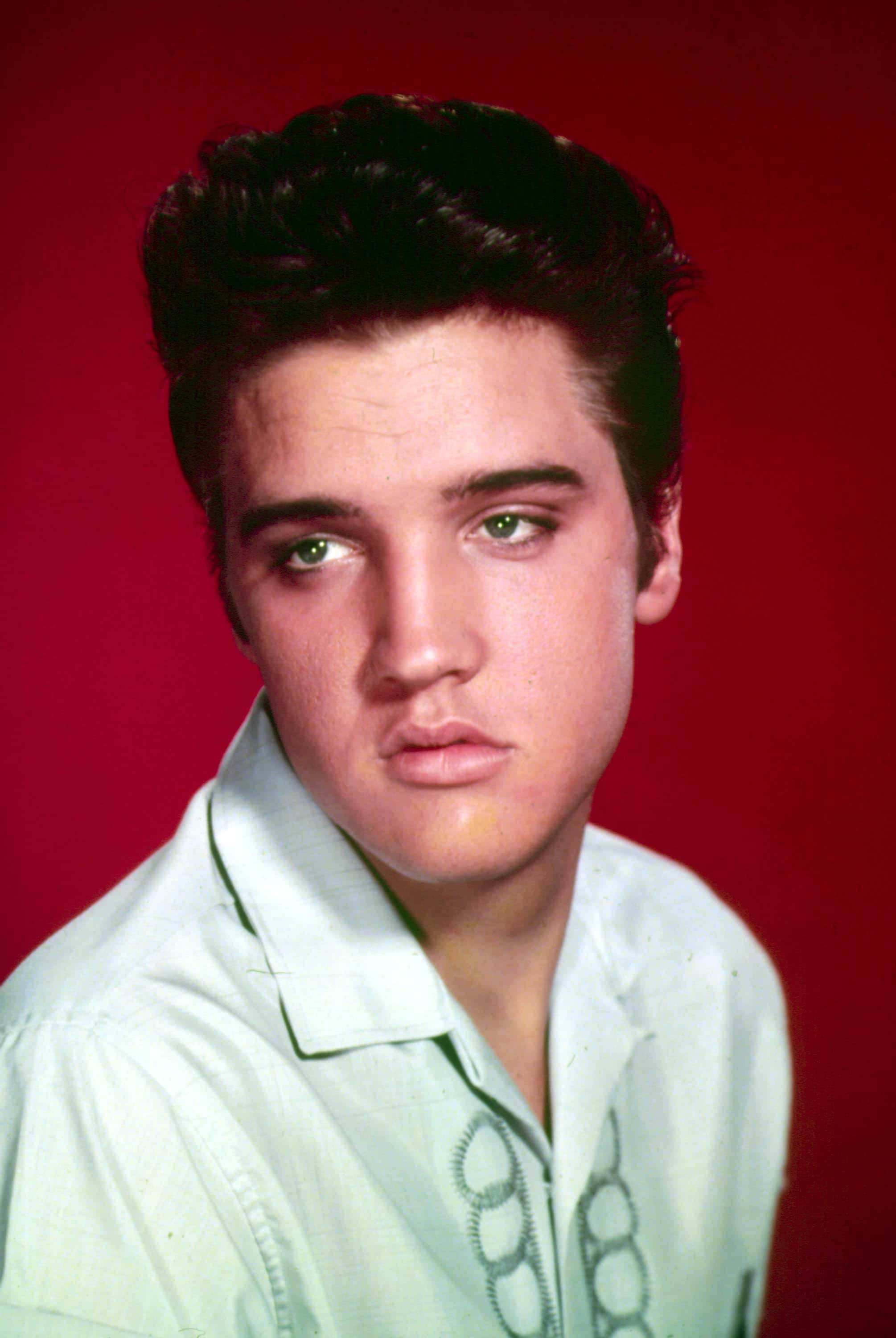Elvis Presley: How the early years of King of Rock 'n' Roll left a lasting impression on his musical outlook

Known for his trademark baritone tenor, commanding stage presence and stylish pompadour, King of Rock 'n' Roll Elvis Presley was one of the most successful solo artists of the 20th century and sold a record number of certified gold and platinum albums. Elvis’s unimaginable public appeal made him the first real American Idol, the original prototype of the great American Dream. Let's take a look at his early years before he became the king as we all know him today.
Born on 8 January, 1935, at Tupelo, Mississippi, Elvis began his life in one of the poorest regions of America. Not only was the Great Depression in full swing, but Mississippi itself had seen a great reversal in its fortunes since the Civil War. Tupelo was primarily an agricultural town and most of the folks there were sharecroppers who lived a hand-to-mouth existence. Elvis’s parents Vernon Elvis Presley and Gladys Love Presley were no different.
Even Elvis’s birth was dramatic, as the doctor in charge was surprised to find his mother Gladys carrying twin children. Unfortunately for the family, Elvis’s twin brother Jesse Garon Presley was stillborn. For Gladys, Jesse began to take the place of a spiritual figure in their lives and he was immortalized as an ever-present entity, akin to the family's patron saint. Elvis would always be trying to live up to Jesse's treasured memory and this guilt would never leave him, setting on a path of redemption and immortality. Elvis even grew up believing that Jesse was his identical twin brother, and that at birth, half of his soul had already died.
Elvis’s early childhood was constantly plagued by severe poverty. As a result of this, his parents began to drift apart, his father was later imprisoned for forging a check and the family moved in with relatives. Despite their poverty, Gladys was a proud and dignified woman, a regular visitor to the church where Elvis first encountered hymns and choir music, which would foster a love for gospel music in the impressionable young boy. Gladys also brought up Elvis to be a proper gentleman and taught him that money was not necessary to be presentable. Once when he stole an apple for his mother to eat, she furiously dragged him to the farmer's cart, made Elvis confess his crime, return the apple and apologize.
Elvis’s cousin and unofficial biographer Earl Greenwood recounts a special New Year’s Eve in 1940, a happy night when Elvis taught him the vintage classic, ‘Auld Lang Syne’. Earl remembers how Gladys had tears in her eyes when she heard Elvis’s high yet clear voice. Elvis was very close to his mother, more so than he was with his dad. He spent more time indoors helping his mother than he ever went fishing or playing ball. Elvis was Gladys’s emotional partner and it was his mother who channeled him towards a path of music and live performances.
In her youth, Elvis’s mother had always wanted to be a performer, now Gladys chose to live her dreams through Elvis. Making do with scruffy clothes and skipping meals, she sacrificed her needs to save enough money to buy Elvis a second-hand guitar. Though a guitar was not his first choice, as a sensitive and people-pleasing 12-year-old, Elvis did not complain. Back then, a guitar was rather uncommon in a poor neighborhood and Elvis began to carry it everywhere he went. It made him feel special and he immersed himself in experimenting with the guitar. Saturday night country music dished out on the Grand Ole Opry radio show was a family tradition. At other times, Elvis would be found strumming and singing along with the radio, and he had a natural ear for music. Friends would recall how he was able to hear a piece of music and then recreate it perfectly on his instrument, a gift that most musicians struggled to inculcate.

Elvis’s first stage performance was at a talent contest during the annual Alabama-Mississippi Fair. He was around 10 years old at the time and terrified of the prospect of facing a crowd of strangers. Encouraged by his family and egged on by his mother, whom he was afraid of disappointing, he agreed. Dressed in misfit clothes and sporting a plastered mop of hair, Elvis took to the stage clutching his old guitar. On stage, he initially faced a microphone that was too high for him, a chair was promptly brought out and Elvis elevated himself, in more senses than one. Composing himself, he took a deep breath and delivered Red Foley’s 'Old Shep' in a clear strong voice. Even though it was a mushy song about a boy and his dog, Elvis reeled in the crowd, had his mother in tears, and walked away with $5, the second prize.
This was an important moment for Elvis, as he always been a timid mama’s boy. Taunted by the boys in his neighborhood for his evident poverty and his father’s felony, Elvis had always felt guilt and humiliation. This made him cautious in dealing with his peers, a trait that only increased as he grew up. A sensitive child, Elvis often wondered why the children who cheered for him during games would say rude things about his family a month later. That night at the talent contest, Elvis had his first taste of that elusive exotic fruit - public approval. With a smile plastered on his face, Elvis soaked in the recognition and acceptance, and suddenly realized that singing could give him all the success, love, and attention he had craved all his life. It would prove to be the makings of an entertainment phenomenon, one whose legacy still reverberates even today, almost half a century after he passed away in August 1977.










